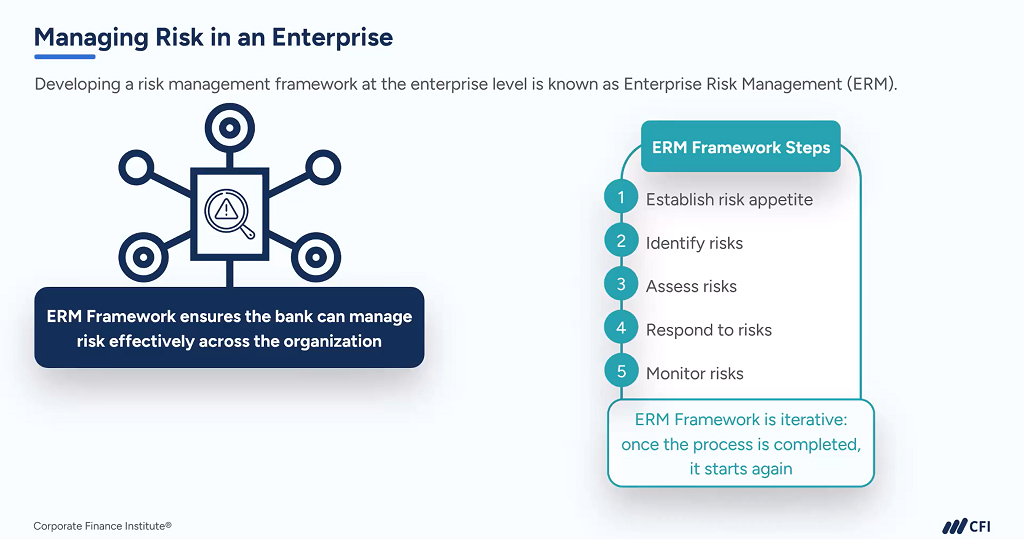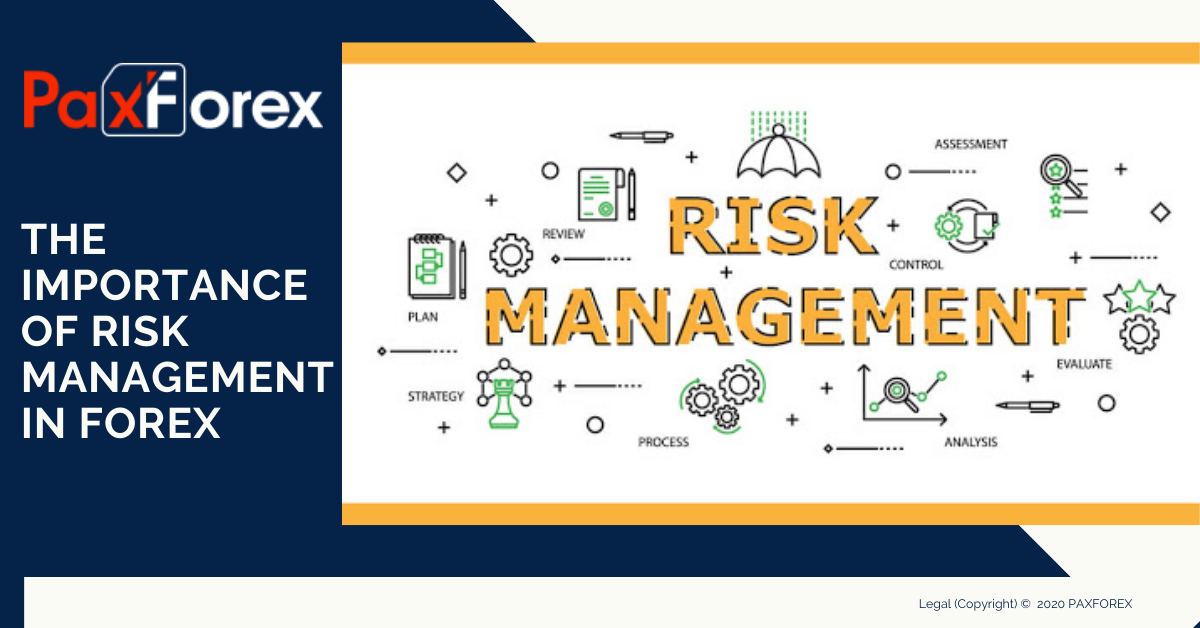Exploring the Increasing Importance of Risk Management in Corporate Strategy
Exploring the Increasing Importance of Risk Management in Corporate Strategy
Blog Article
The Value of Understanding the Significance of Risk Management in Different Industries

The Core Concept of Risk Management and Its Purpose
Risk Management, the cornerstone of several industries, pivots on the identification, examination, and mitigation of unpredictabilities in an organization atmosphere. By appropriately identifying possible threats, businesses can develop strategies to either avoid these threats from taking place or lessen their impact. As soon as risks have actually been recognized and assessed, the reduction process entails creating methods to reduce their prospective effect.
Benefits of Applying Risk Management in Business Procedures

Introducing the Duty of Risk Management in Different Industries
While every industry confronts its special set of risks, the implementation of Risk Management strategies continues to be a typical in their search of sustainability and development. In the health care industry, Risk Management requires ensuring individual safety and security and information security, while in money, it includes mitigating financial investment threats and ensuring regulative compliance (importance of risk management). Building and construction business focus on worker safety, job delays, and budget plan overruns. In the modern technology field, business mitigate cybersecurity hazards and modern technology obsolescence. Ultimately, the duty of Risk Management throughout industries is to identify, evaluate, and minimize risks. It is a crucial component of calculated preparation, allowing companies to safeguard their properties, make best use of possibilities, and attain their objectives.
Real-life Case Studies Showing Effective Risk Management
To recognize the importance of Risk Management in these numerous sectors, one can look to a number of real-life instances that show the effective application of these measures. Toyota, publish the 2011 quake in Japan, modified its supply chain Management to lessen disturbance dangers. These cases show just how markets, learning from situations, properly applied Risk Management methods to minimize future threats.
Future Trends and Growths in Risk Management Approaches
As the world proceeds to progress, so also do the trends and advancements in Risk Management approaches. Quick developments in modern technology and information analytics are improving the Risk landscape. Big data and AI are now crucial in predicting and alleviating risks. Organizations are leveraging these tools to build predictive models and make data-driven decisions. Cybersecurity, as soon as an outer concern, has catapulted to the leading edge of Risk Management, with techniques concentrating on detection, action, and prevention. The assimilation of ESG (Environmental, Social, Governance) factors right into Risk Management is one more expanding trend, showing the increasing acknowledgment of the role that social and ecological threats play in organization sustainability. Hence, the future of Risk Management depends on review the blend of sophisticated technology, cutting-edge approaches, and an all natural strategy.
Final thought
In final thought, comprehending the importance of Risk Management across a range of markets is essential for their durability and success. Ultimately, effective Risk Management adds to a lot more resilient and lasting organizations, highlighting the significance of this technique in today's extremely affordable and vibrant business atmosphere.
While every sector challenges its special set of threats, the application of Risk Management methods stays a typical denominator in their quest of sustainability and growth. In the medical care industry, Risk Management entails making sure person security and data security, while in finance, it involves mitigating financial investment threats and ensuring regulatory conformity. Ultimately, the function of Risk Management throughout industries is to recognize, straight from the source examine, and reduce dangers. These cases show how markets, learning from dilemmas, properly used Risk Management approaches to decrease future threats.
Report this page